It is in the anonymous and mundane shadow of the training room, both a refuge and a workshop, where a fighter is forged.
Loïc J.D. Wacquant
A boxer's diet must be carefully designed to ensure they eat enough for their intense training, optimize their performance, and minimize recovery times. This includes a balance of proteins, carbohydrates, and healthy fats for sustained energy, muscle repair, and weight management. Whether you're training for a fight or improving performance, nutrition plays a key role. Here's our guide on how boxers should eat.

Why Should You Eat Before Boxing?
Not eating before boxing classes for adults near me or competition can result in loss of energy, limiting the boxer's performance, increasing his recovery time, and increasing the risk of injury.
As with all combat sports, boxing, when practiced regularly, requires a special diet. It is not a question of following just any diet to lose weight or gain muscles, it is rather a re-balancing of the foods you eat to achieve a healthy and balanced diet. Boxers need more nutrients to get the energy they need during training and to help their body build muscles and recover faster.
The ideal diet of a boxer must:
- Provide energy during training
- Provide enough nutrients to promote weight gain and muscle building
- Be low in fat, so you don't strain the body during digestion
A boxer's eating habits must adapt to their training. They must eat more, without eating too much. It can be difficult to know how to balance each meal to avoid being hungry, but at the same time to not feel too heavy afterwards and suffer during training.
When Should You Eat to Be in Top Form During Training?
Knowing when to eat is as important for a boxer as knowing what to eat!
Everyone knows that athletes must eat healthy, avoiding fast food and saturated fats, eating raw vegetables and fruits, and prioritizing a low-calorie diet. But what we often neglect is the time of day to eat.
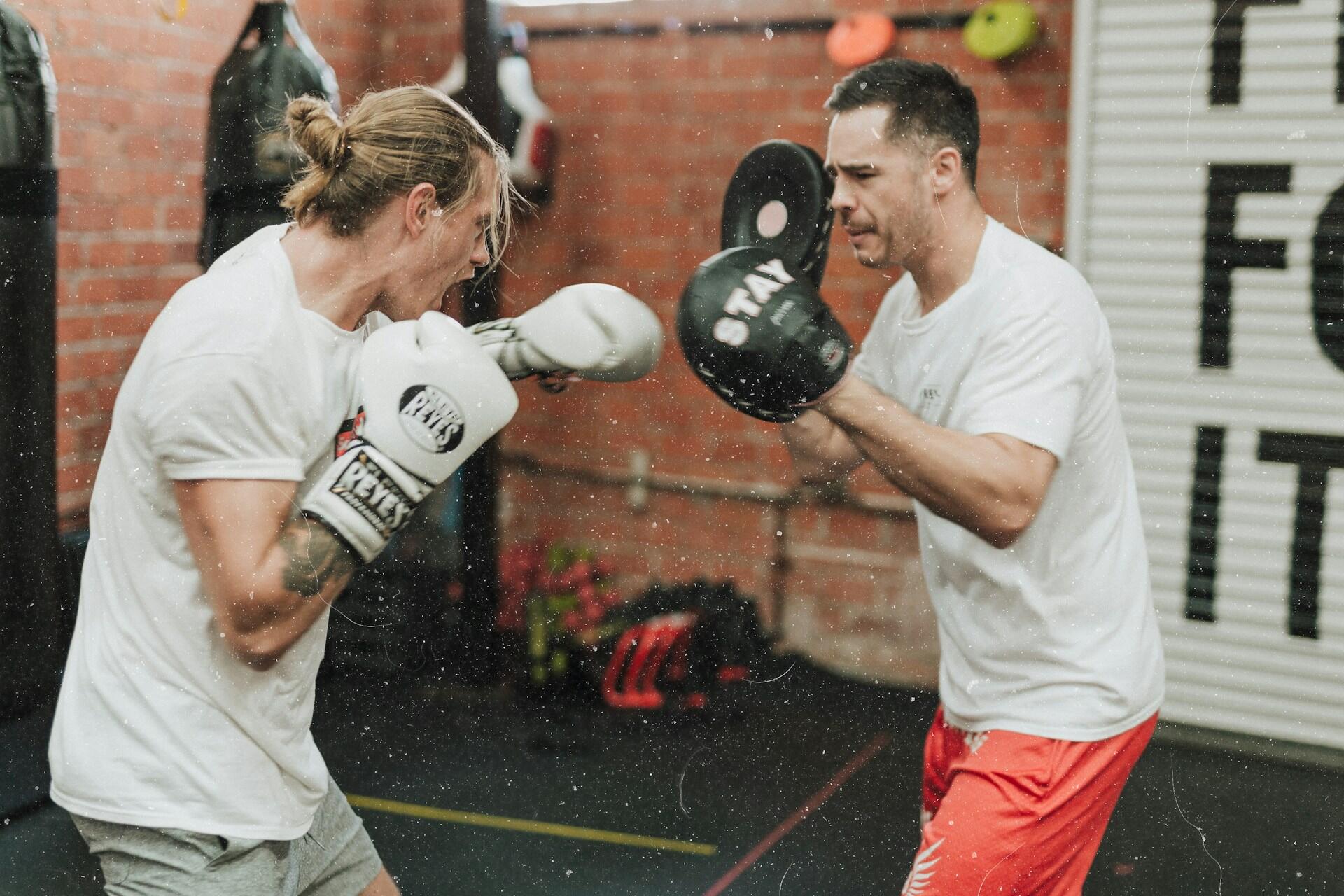
The body uses energy constantly throughout the day, but obviously, the peak energy expenditure is reached during training. As you hit your punching bag or work your cardio by skipping rope, the number of calories your body absorbs increases sharply. Thus, the diet of a boxer should closely follow the daily energy consumption. That's why, instead of the 3 big meals a day that are recommended during a standard diet, they should switch to eating 5 or 6 more reasonably sized meals.
When we eat too much, our body turns the excess into fat. If we cut calories but still eat only three meals, we can feel hungry, and when we are hungry, we eat too much at traditional meals, thereby accumulating more fat.
The main mistake is to wait too long between meals.
The longer we wait, the more hungry we are. We are, therefore, forcing our metabolism to slow down and increasing our fat storage since we will tend to overeat during the meal afterwards.
Six meals a day helps maintain a good level of energy throughout the day. A boxer needs only 2 big meals a day: upon waking and 1h30-2h before training.
How often you eat and how much you eat is as important as how often and how much you train.
It is necessary to start eating before being too hungry and to finish eating before being too full.
Between the two big meals, snacks can help out in any moments of hunger and help to maintain a good energy level. The evening meal must be light to allow for recovery. If you can follow this plan, you won't be consuming any excess calories during the day, you'll just get the ideal amount that you need.
Eat every two to three hours.
If you like to run in the morning, it's a good idea to skip breakfast and eat it after your jog. Running on a full stomach will make you feel nauseous, whereas running on an empty stomach can help you lose weight and work on your abs.
The meal two hours before your training must be adapted to the duration of your training. If you only go to the gym for 30 minutes, limit your meal. If you go for 3 or 4 hours, eat enough to last for the duration of the workout.
The Body Mass Index (BMI) is a body fat and healthy weight measurement scale. Whatever your goals, whether you need to lose a few pounds or gain some weight, stick to your recommended BMI which will give you your ideal healthy weight range based on your age and height.
What to Eat Before Boxing Training?
As we saw previously, snacking is not only allowed but recommended for a boxer! In fact, eating between main meals is beneficial for eating less and better. But what should you eat on training days?
Foods to Eat
The diet of a boxer is composed of several essential nutrients:
- Water in large quantities hydrates one's body and muscles to prevent cramps and aches. Also, don't wait until you are thirsty to drink. When you feel thirsty, you are dehydrated and have lost too much water.
- Carbohydrates, which provide energy
- Proteins to build muscle and promote recovery
- Fats, but not just any kind, only the healthy ones! They are the second source of energy.
Other nutrients must be present in a boxer's diet:
- Vitamins and minerals to boost the immune system and build strong bones
- Fiber to aid the digestive system and help you to feel more full and, therefore, eat less (you can find fiber in green, leafy vegetables)
Look below at our extended guide to what to eat when training.
Water
Water is obviously essential, and when I say water, I genuinely mean water. Powerade or any other energy drink cannot replace plain old water! Whether you drink it straight from the tap or you drink bottles of mineral water, keeping your water intake up is absolutely vital.
You must start when you wake up and drink a lot before training—at least 3 liters of water a day. Do not exceed 6 liters in the day, however, as this can begin to cause problems for your body. Drinking too much water can be dangerous for brain function.
Carbohydrates
Boxers should eat natural carbohydrates, such as sweet potatoes, peas, beans, wholegrain bread, lentils, oats, rice, fruits, and honey.
A daily diet containing 4,000 calories should ideally include 1,800-2,200 calories from quality carbohydrates, which equates to approximately 550g of food weight.
Look at the glycemic index of the carbohydrates you eat: choose complex carbohydrates that provide low blood sugar levels while maintaining a consistent energy level.
Protein
Excellent protein sources include eggs, lean chicken, lean beef, fish (especially tuna, salmon, halibut, cod, and tilapia), milk curd and cheese, beans, peanut butter, lentils, hemp and soy. It’s better to buy lean meats in order to avoid extra saturated fat and cholesterol, especially if you eat lots of meat. Furthermore, to preserve the goodness in lean meats, try not to fry them and instead grill or poach them.
Proteins must be ingested within 30% of the daily intake. More protein than this can lead to dehydration and the accumulation of toxins, whereas less protein can lead to fatigue and injuries.
Fats
Good fats help the body maintain key internal functions like cell building, energy supply, vitamin and mineral absorption, and more. These good fats are usually unsaturated, also known as polyunsaturated and monounsaturated.
Essential fats, omega-3 and omega-6 fatty acids, must be obtained through nutrition. They’re important for maintaining healthy bones and joints and stimulating good brain health.
Excellent sources of omega fatty acids include olives and olive oil, seafood, nuts (like walnuts, cashews, and almonds), coconut, avocado, and seeds (especially flax seed, which is regarded as one of the best omega fat sources), as well as organic oils like macadamia oil, canola oil, or coconut oil. Flax oil or fish oil supplements can be taken to boost your omega-3 and omega-6 intake.
Bad fats that should be avoided are saturated fats, i.e. meats like pork, fatty beef, lamb, poultry with skin, as well as lard, and milk products like butter, cream and cheese. Saturated fats are also found in fast food and junk food, so these restaurants are best avoided.
Fiber
Fiber is a type of carbohydrate typically found in whole grains, nuts and seeds, wheat bran, vegetables and fruits, oats, and legumes. It helps with digestion, bowel movement, and keeping the body healthy. This macronutrient is also great for regulating weight, as it makes you feel fuller for longer.
Foods to Avoid
Of course, there are foods to avoid if you want to be in top shape for training:
- Bad fats that are difficult to digest: such as fast food and pre-packaged products
- Fast-acting sugars: chocolate, candy, soft drinks, cakes, juices...
- Acidic foods
- Spicy foods
- Alcohol which causes dehydration
- Certain fruits with a high glycemic index: pineapple, dates, chestnuts, raisins, melon, watermelon
At all times, avoid taking dietary supplements. Everything we need can be found in healthy food.
Energy snacks can be used occasionally during training when you lose sodium and, therefore, get dehydrated, but don't make it a habit.
Foods to Eat and Not to Eat When Adopting a Boxer's Diet
To eat a good boxing diet, check out these dos and don'ts.
| Good | Bad |
|---|---|
| Carbs (yoghurt, grains, fruit, vegetables, legumes) | Raffinose (a carb found in beans) |
| Proteins (lean meat, lean fish) | Spicy foods |
| Good fats (avocados, cheese, eggs, olive oil, nuts and seeds) | Bad fats (found in Fast Food or food that has been fried) |
| Fiber (wholegrain cereal, fruit, vegetables) | Lactose-heavy foods like soft cheeses |
Are Cheat Meals Allowed When Training?
It is almost impossible to deny yourself the foods you love.
If you love a good, healthy meal, then good on you! However, if you can't resist a hamburger and chips or a greasy pizza, then banning these foods altogether will only make you want them even more. Every once in a while, it is okay to treat yourself, so long as that approach works for you.
Some diets say that you can have one cheat meal a week, while others say that you can have an entire day of pigging out on your favorite foods. See what works for you, but most people find that having a 'free pass' day is a bit much as it can deprive you of all those great nutrients you've worked hard to ingest the rest of the week.
Boxing Pre-Workout Snacks Ideas
Mike Tyson and Floyd Mayweather also had to follow drastic diets before donning their mouthguards and getting ready for a heavyweight or lightweight fight in the ring.
The ideal meal, in order to build muscles, lose weight, and lose fat while feeling full, must be composed of:
Carbohydrates
45-65%
Protein
10-35%
Fat
20-35%
Of course, you should be eating lighter snacks before putting on your boxing gloves and kicking, punching, and stretching at the boxing club.
Here are some examples of snacks you can eat before a workout or fight:
- A banana
- Dried fruits
- Two slices of toasted bread with jam
- Dairy products such as yoghurt
- A bowl of cereals with skim milk
- Oatmeal with fruit
For a complete meal two hours before training, here's an example:
- 100g of pasta or brown rice
- 1 hard-boiled egg or a slice of lean ham
- 1 cup of water
- 1 fresh fruit: apple, grapes, pear, apricot, banana
Eating a fruit before the last evening meal can restore glycogen stores and rehydrate. Think about it!

What Should a Boxer Eat for Breakfast?
What you eat will all depend on how many times a day you intend to train. If you plan to train twice a day like a pro, then it's vital that you ingest the proper nutrients and at the correct times.
The Live Strong website recommends "Consume a liquid carbohydrate pre-training supplement consisting of 60 to 70 percent carbohydrates before your early morning workout. During your training session, sip on one to two bottles of fluid replacement drink. Immediately following your workout, consume recovery fuel consisting of 70 to 80 percent carbohydrate. For breakfast, consume a whole-wheat bagel with peanut butter, a banana and six egg whites."
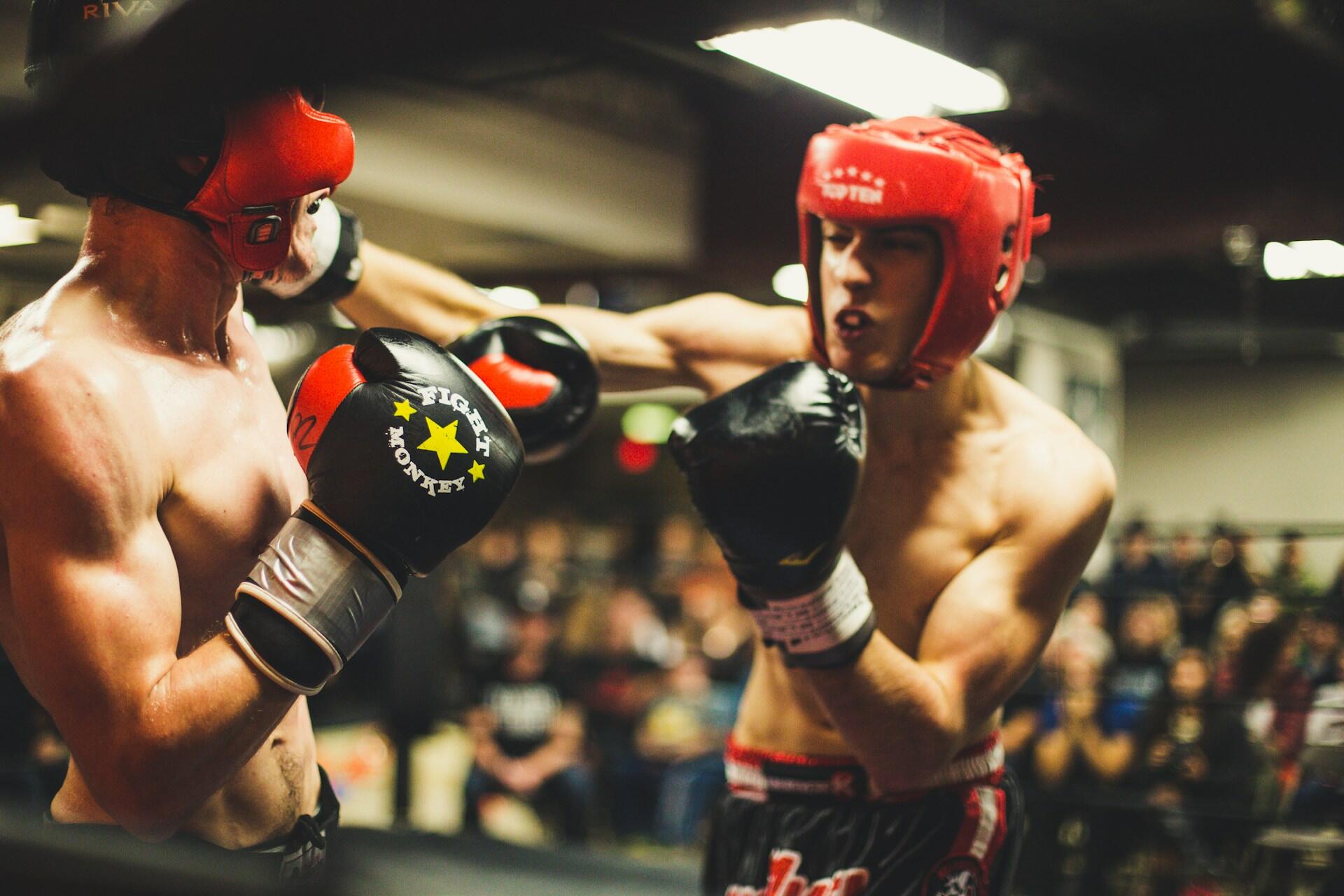
Find good French boxing (savate) equipment for sale.
What Should a Boxer Eat for Lunch?
For your daytime meals, Live Strong suggests: "For a mid-morning snack, eat an apple, a can of vegetable juice, almonds and a protein drink followed by a 12-inch turkey sub on whole-wheat bread with vegetables and cheese for lunch."
What does Floyd Mayweather eat in his diet?
The Telegraph reported on the boxing sensation's diet, saying:
"Interestingly, Mayweather is perhaps not the shining example of how a boxer should eat. In an interview with New York Magazine, his former chef Quaina Jeffries spoke of how his love of fried hot dogs posed a challenge in preparing his body for a fight. Trying her best to make the meal nutritious, she would add oranges, orange zest and other spices. “We’re big on juice,” she told the magazine. And a typical juice for Mayweather at the time consisted of pineapples, oranges, strawberries, red peppers, red pears. “I slip in a carrot,” Jeffries confessed. “But I don’t tell him.”
Of course, Mayweather maintained a much healthier diet when faced with some of his biggest fights! The paper goes on to discuss what a good example of a boxer's diet is.
“Consistency is key,” says Matt Smith, who trains current southern super featherweight titleholder Craig Poxton. Firstly, opt for small but regular meals – four to five a day. Secondly, choose foods of high nutritional value, cutting out the ‘empty’ calories you get from candy and chips. “The diet’s similar to the Paleo or low glycaemic diet. Look to eat quality protein in every meal. This can be red meat, eggs, poultry or oily fish. Healthy fats are in too such as avocado and nuts.”
And, as Mayweather’s former chef disclosed, fibrous fruit and vegetables should make up a large portion of each meal. Fresh fruit and vegetables contain vitamins, minerals, and antioxidants that help with repair and recovery. Root vegetables, in particular, provide slow-release energy that will keep the boxer’s brain alert and aid performance.
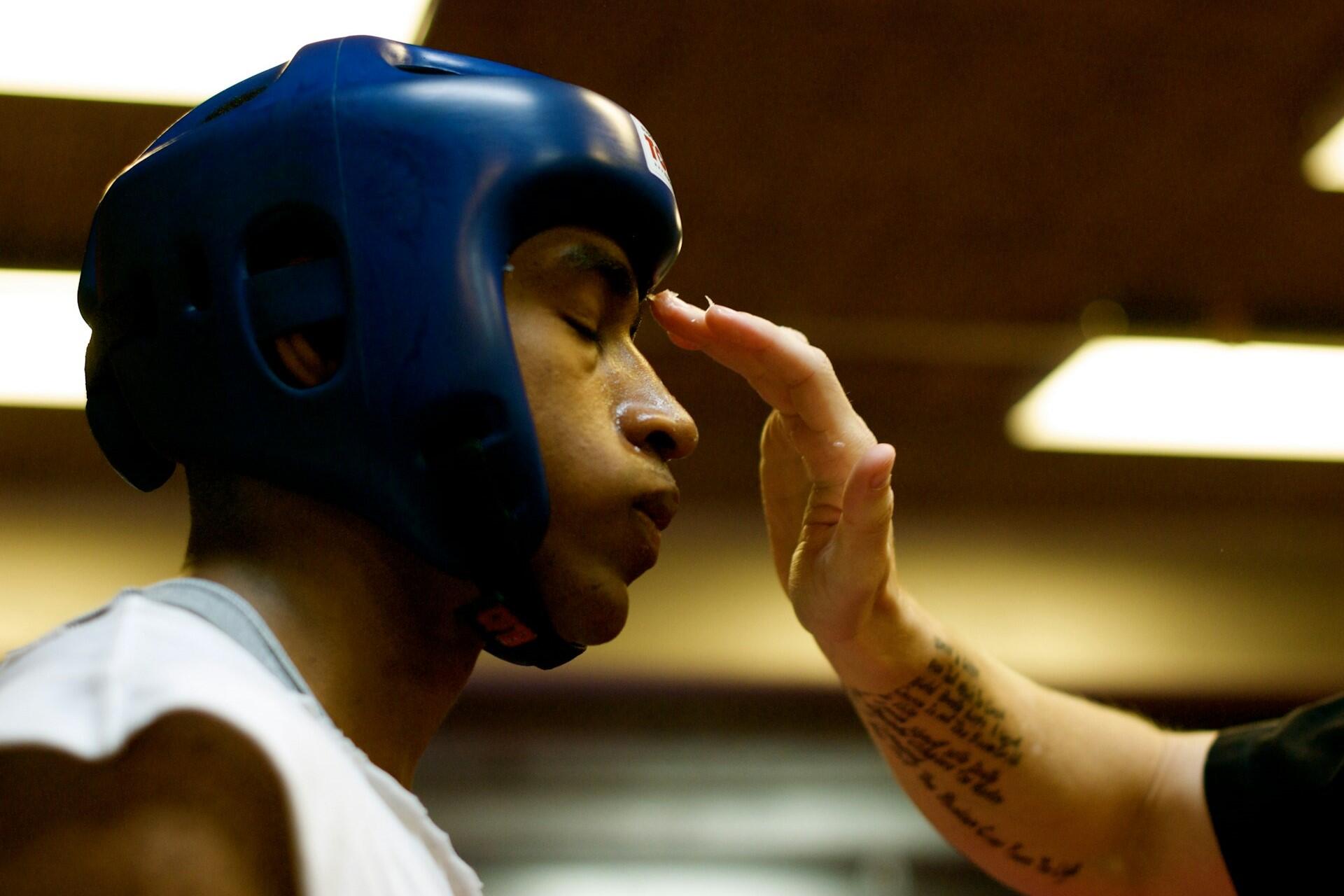
What Should a Boxer Eat for Dinner?
Another suggestion on how to eat a balanced meal at the end of the day: Prior to your afternoon workout, repeat the pre-training fuel from earlier, followed by a post-workout recovery supplement containing 70 to 80 percent carbohydrates. For dinner, consume grilled chicken breast, whole-wheat pasta with sauce, vegetables, and a salad. Consume a protein drink one hour before bed.
How does Amir Khan feel about maintaining his healthy diet?
There's food that doesn't taste good, [...] but I force myself to eat it because I know it’s what my body needs: kale salad, celery, broccoli, carrots.
Amir Khan
This really sums it up. It is much easier to eat healthily when you understand its benefits for your body.
What Should a Boxer Eat Before a Fight?
Energy levels, endurance, and reaction time can all be affected by what a boxer eats before a bout. Focus on slow-digesting carbs, moderate protein, and limited fats.
Here are some suggestions that could work well before a fight:
- Oatmeal with banana and honey: Provides long-lasting energy with natural sugars for a quick boost.
- Whole wheat toast with almond butter & sliced banana: A balanced mix of complex carbs and healthy fats.
- Grilled chicken with brown rice and steamed vegetables: Lean protein paired with slow-digesting carbs for sustained energy.
- Greek yogurt with berries & granola: A mix of protein, carbs, and fiber for a steady energy supply.
Eat a full meal 2-3 hours before a fight and a light snack 30-60 minutes before for quick energy.
What Should a Boxer Eat After a Fight?
After a training session or a fight, boxers need protein to repair muscle, fast-digesting carbs, and hydration to replace the fluids lost through exercise.
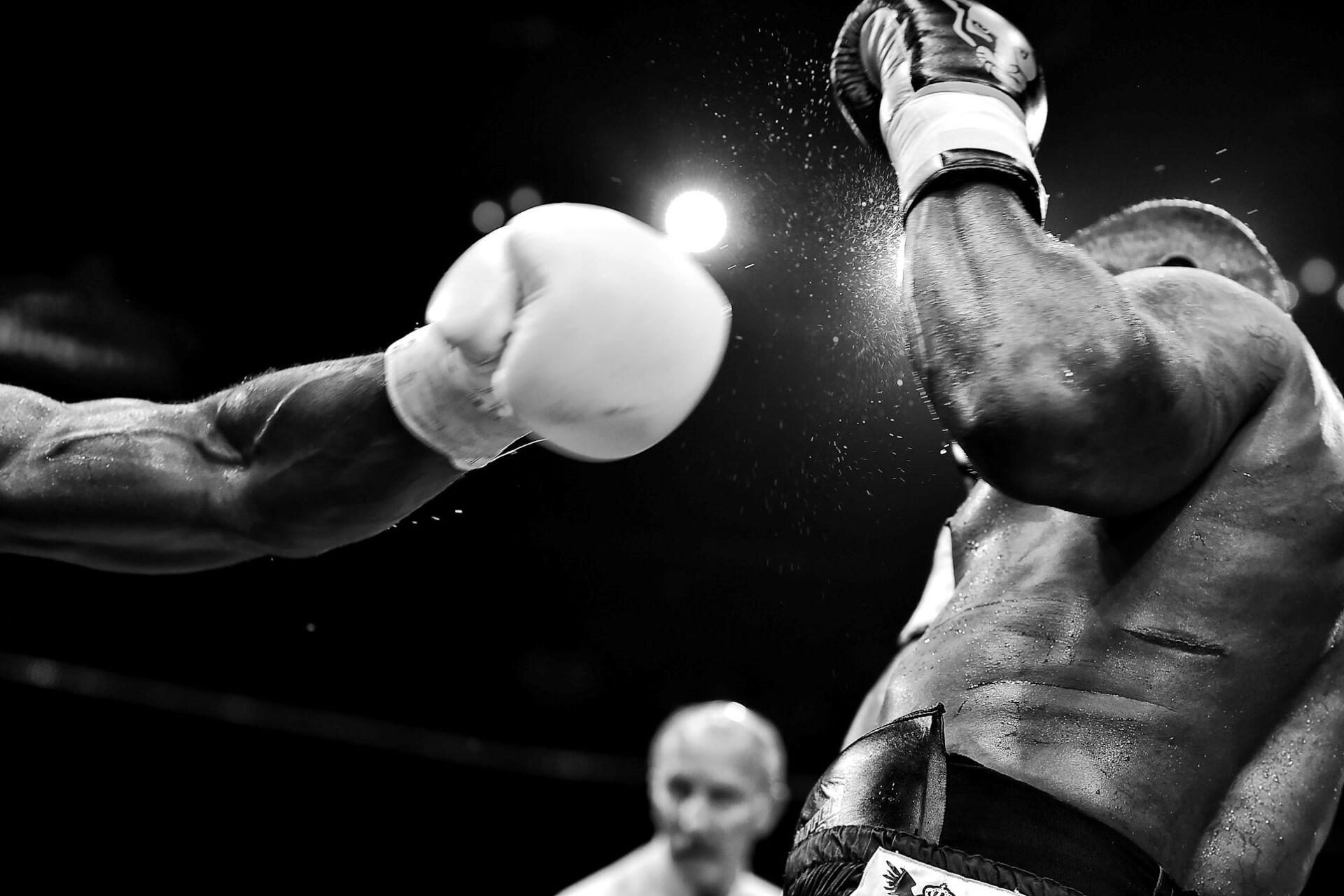
Here are some of the meals you should be thinking about for after training or a fight:
- Protein shake with banana and almond milk: Quick-digesting protein for muscle repair and fast carbs for recovery.
- Grilled salmon with quinoa & steamed spinach: Omega-3s reduce inflammation, while quinoa replenishes glycogen stores.
- Scrambled eggs with whole grain toast and avocado: A protein-rich meal with healthy fats for recovery.
- Cottage cheese with pineapple and mixed nuts: Casein protein for muscle recovery and a mix of fast and slow carbs.
Eat a post-fight meal within 30-60 minutes after training for optimal muscle recovery.
Get Help with your Diet from a Superprof Boxing Tutor
Optimal boxing performance comes from skill, training, and diet. A Superprof boxing tutor or coach can help you with all of these, especially your diet. They can create a personalized diet plan that matches your training intensity, goal weight, and fight schedule.
Whether you're getting trim for an upcoming fight, improving endurance, or building strength, they'll help you choose the right foods, time meals, and avoid the common nutritional mistakes that slow down your gains.
Find a boxing tutor on Superprof today to take your training to the next level.
References
- Wilkinson, A. (2017, July 31). Floyd Mayweather's diet: How to eat like a boxer The Telegraph, https://www.telegraph.co.uk/health-fitness/diet/weight-loss/floyd-mayweathers-diet-eat-like-boxer/
- Darby, L. (2016, April 26). The Real-Life Diet of Amir Khan, Two-Time World Champion GQ https://www.gq.com/story/real-life-diet-amir-khan-boxing
Summarize with AI:

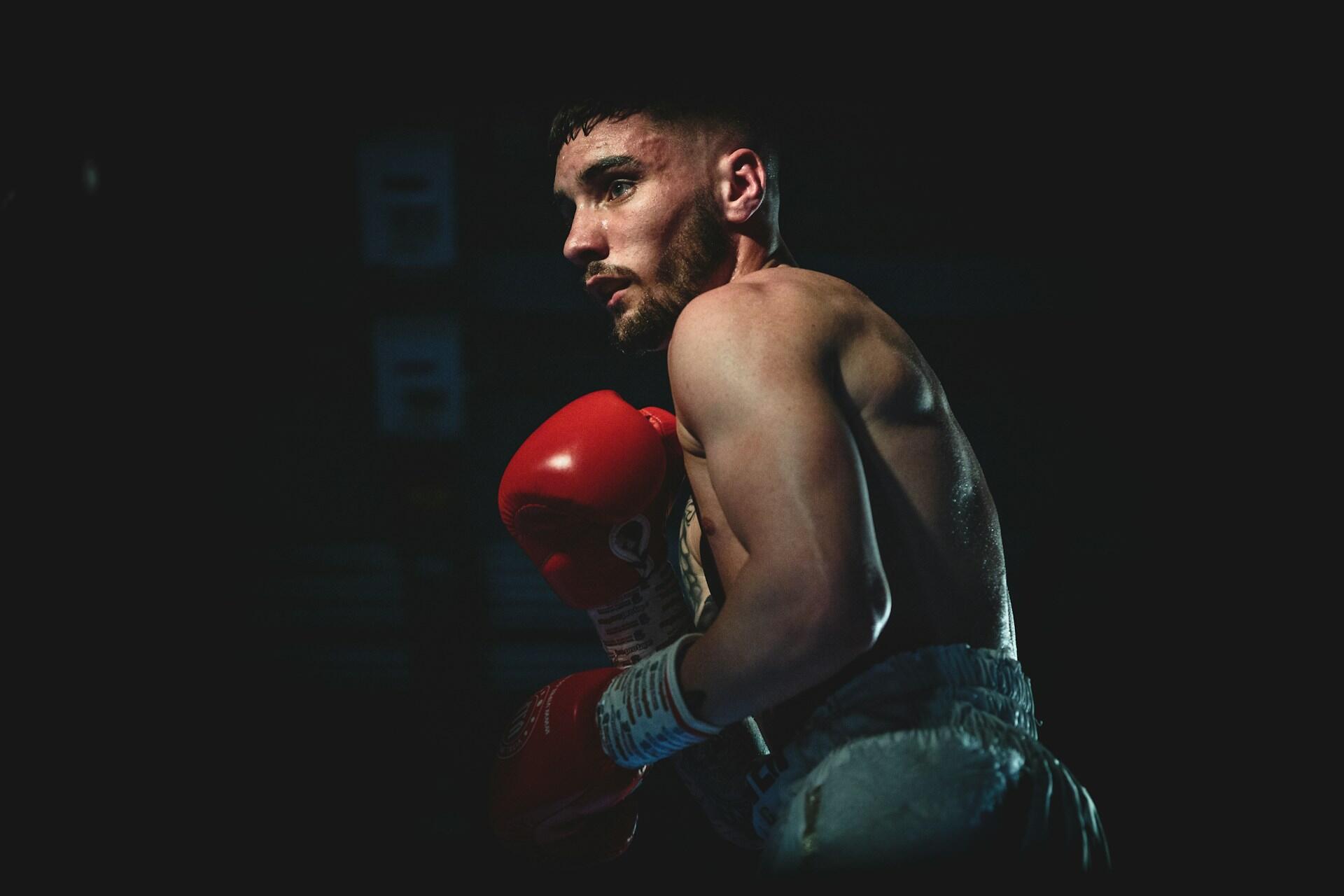














Really great and detailed writing!
My son is an amateur boxer I needed this information.
Very informative! Thank you , definitely going to start some of these plans at 40!!